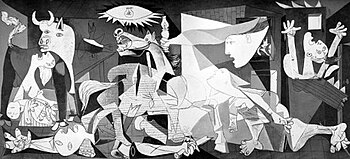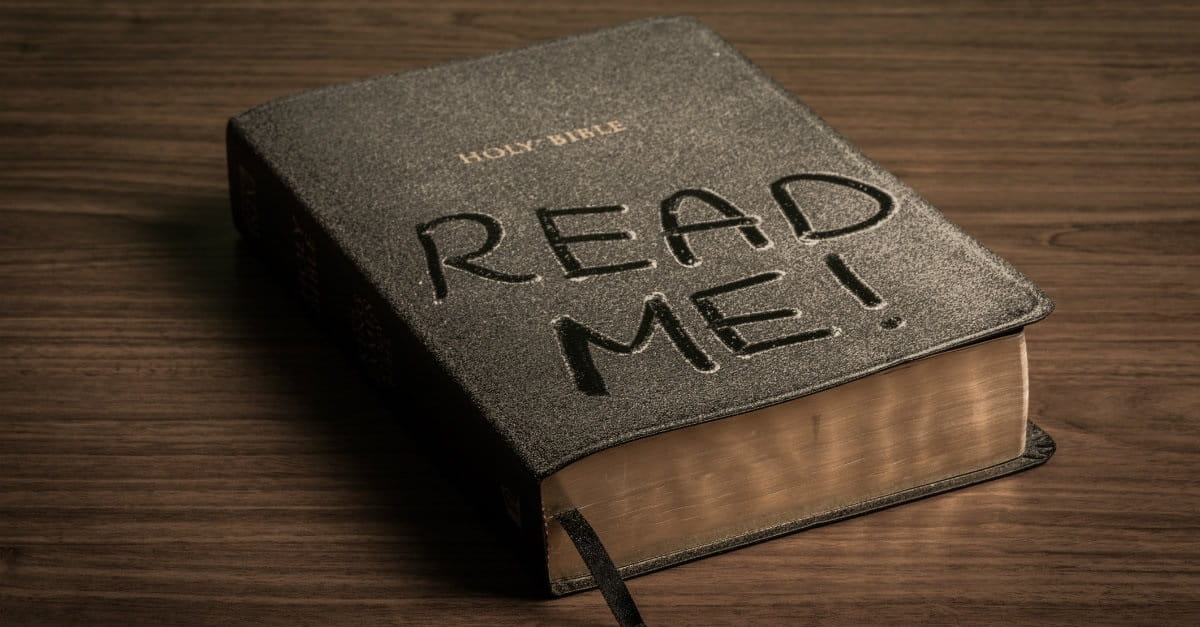Chapter 11: Morality
 |
| Pablo's Picasso's Guernica 1937-https://en.wikipedia.org/wiki/Guernica_(Picasso) |
" Conscience is the inner voice that tells us someone may be looking"- H.L. Mencken
The arts have had a significant influence over challenging moral ideas and attitudes of certain time periodsover generations. One work that challenged this was Edouard Manet's Olympia which was a simple painting of a nude women. It was criticized for being scandolous ad innapropiate to the public and critics. Along with challenging moral ideas,there is also showing moral wrongs of sensitive subjects. Picasso's Guernica is an example of expressing moral wrongs. Guernica showed off murder and genocide of war. This caused controversy within christian and muslim communities for offensive content and references to actual war.
Moral systems refer to having a set of moral values and these systems can be based on a numerous of things. Faith is one that can be a what guides someone to a certain set of values but people can also solely rely on things like reason, intuition , and self reason. Some may also rely on moral relativism or a way way of saying "who's to say there's only one truth". Just as Mecken says in his quote above, how we go about doing certain things and building our moral system can be based off of social pressure and how we think society would react to certain actions, whether good or bad.
 |
| Image of Frank O'Connor-https://irishamerica.com/2016/03/frank-oconnor-remembered-at-university-college-cork/ |
"To the good I would be good; to the not good I would also be good in order to make them good"- Lao-tzu
From childhood, we are taught that doing things based off of self interest is selfish and greedy but this thought process isn't always bad neccessarily. One idea of self interest is between government and self interest. Plato, during his time, suggested that the government and governed needed to be ruled by a singular ruler who is "motivated solely by what reason advises in every instance; a man not out for himself but rather who rules because he has a clear vision of a state in which justice prevails" ( Janero & Altshuler , The Art of Being Human: The Humanities as a technique for living, 2011, p.362). This idea does has problems to it, specifically with who would fit such a specific and difficult job based off a society's standard and even then, who chooses this philosopher king?
Rebllions against self interest is one that can have an interesting effect. For self interest to rebel again a different set of values is one that can be unpredictable. An example of this is in Frank O'Connor's The Idealist where the protagonist is a cathiolic child who believe lying to be a sin so wheever he is late to school, tells the truth of his lateness to the headmaster. All the boys lie to get out of beatings while the boy is punished for telling the truth. The boy eventually give up his self interest and goes along with lying like the others to avoid beatings.
Enlightened self interest is one that is mostly against the idea of self interest. Thomas hobbes believed self interest was a natural thing as a society and was pessimistic in his description on humanity. He believed the only way for society to work as a union, individuals had to give up some rights for protection and security.
Beyond self interest is the idea of altruism. Altruism is the idea of the welfare of others being more important than one's own self. The quote above by Lao-tzu refers to this idea. As it states, being good to good people is natural but beig good to people that aren't good to make them good can be seen as altruism since one is caring for another over there self interest to avoid such people.
 |
| Picture of Bible-https://www.crosswalk.com/faith/bible-study/8-reasons-we-don-t-read-the-bible.html |
"Everybody always did our thinking for us" -Winifred Jourdain
Religion is another form of having a set of morals. There are many different religions with different backgrounds and setups but they all share moral precepts. They follow the idea of a god being the supreme power and that there god's word is what is law. An examle of these moral relgious laws is the ten commadments that include forbid killing, forbid killing, and forbid the taking of the lord's name in vain. These religious rules can have parallels to already preset laws of a society without neccessarily being there because of religion but because for societies sake.
Work, although not minded much in a philosohpical view, can also be seen as a reason behind moral reasonings. Working allows us to follow a certain set of rules and learn from them to apply to other situations. It can also be argued the work can also inspire a self interest part of us since it gives us economic gain which then inspires us to continue to follow rules set to continue gaining.
Moral relativism is how one or more view a certain moral judgement being truly more or false. This judgement can be different from person to person and suggests that morality is flexible and subjective . It does not believe what is popularly right is neccessarily moral to everyone. A global view of reletavism of moral reletavism is believing that every culture isn't better than other because of certain rules or standards they have compared to others. Those with this mindset believe that pushing beliefs that others believe to be better is just imposing and just works to disrupt what is working for others. Jourdain's quote above follows the reasoning for why moral reletavism exists. He's basically saying how we as humans think in a group thought rather than an individualistic way so our morals isn't always or own but what was imposed on us. We are told to think this way so we follow. An example is like how we treat murder. We are told not to murder but if someone murders another is that morally considered bad for everything. Moral reletavism kindof challenges what is preset as moral in group think.
Conclusion
In conclusion, morality refers to the good and bad of others. This standard of morality can be seen from a variety of viewpoints with a variety of reasons of having certain moral systems to back them up in their reasoning. These systems can be based off of things like religion or even self interest. The humaities and arts in terms of morality works to challenge notions and express the ideas expressed within the mental process.
No comments:
Post a Comment